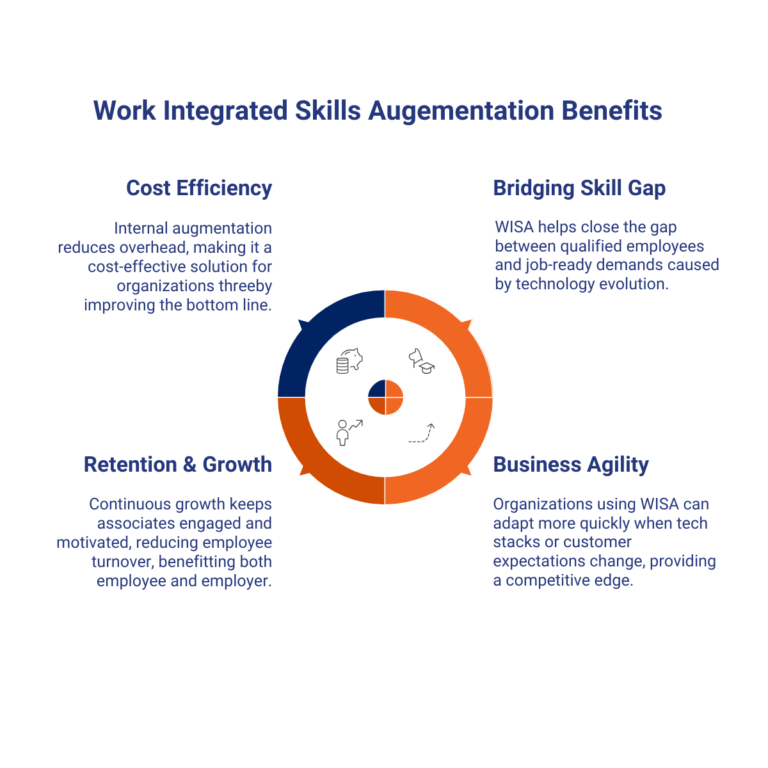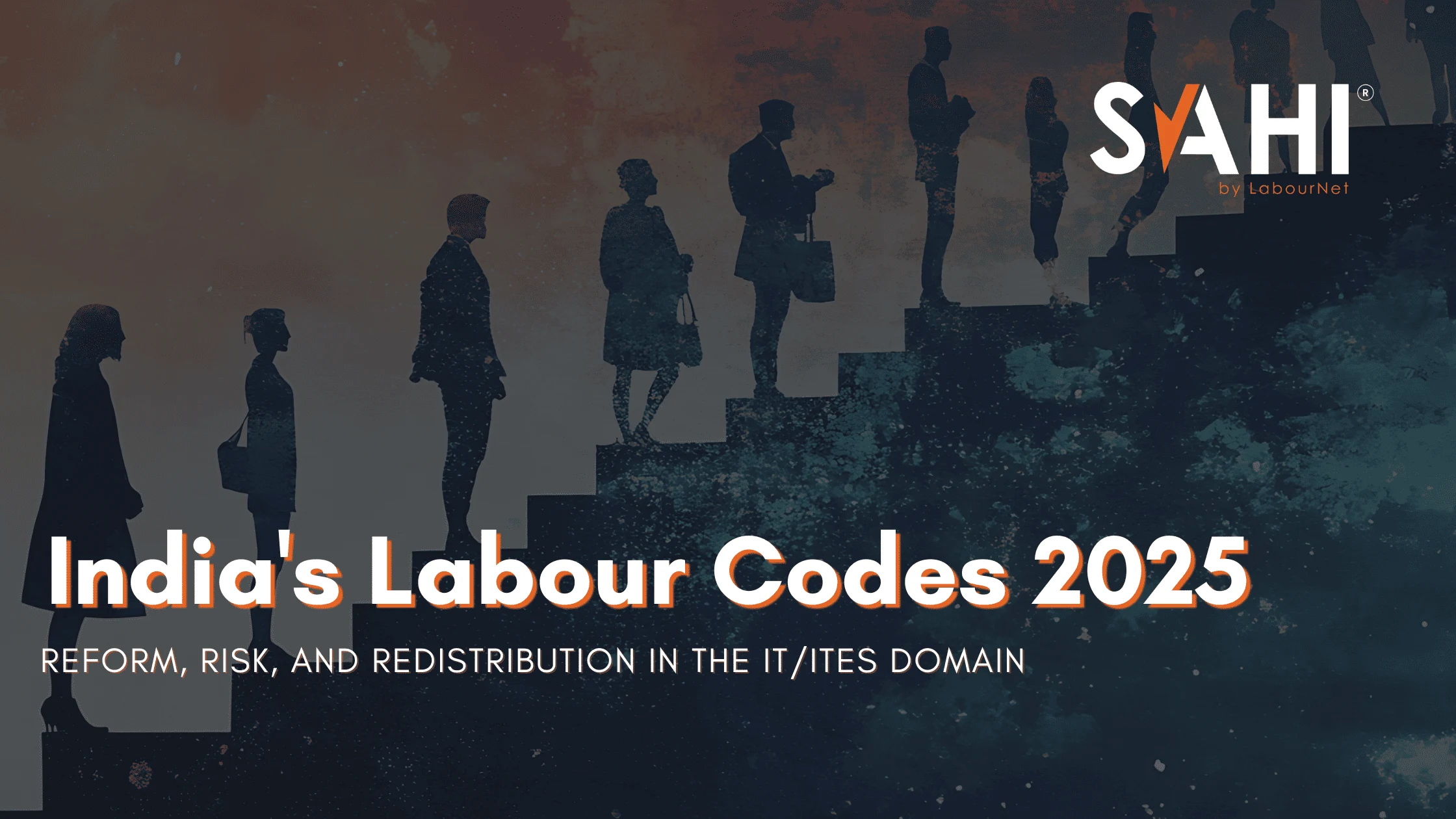The Shrinking Half-Life of Skills
Work-Integrated Skills Augmentation: Building a Future-Ready IT Workforce
In the IT and GCC ecosystem, the pace of change is relentless. Languages, frameworks, and tools that once dominated are replaced quickly. A developer who mastered Java years ago is now expected to work with cloud-native architectures and DevOps. Data specialists are integrating AI/ML models, while cybersecurity teams are battling AI-driven threats that barely existed a few years ago.
The reality is stark: the half-life of technical skills is now less than three years. Hiring “skilled” talent is no longer enough. What’s needed is a way for employees to continuously adapt, learn, and apply new capabilities.
What the Data Says
Recent insights show that the half-life of some technology skills is now as low as 2.5 years, meaning they lose half their market value or usefulness in that timeframe. Harvard Review
A global snapshot reinforces the urgency. The Future of Jobs Report 2025 from the World Economic Forum states that 59% of the global workforce will need reskilling or upskilling by 2030 to stay relevant amid accelerating automation, generative AI, and shifting business models. World Economic Forum+1 Similarly, an IBM-led survey found that 40% of executives expect their workforce to undergo reskilling over the next three years in response to AI and automation. Forbes+1
This is where Work-Integrated Skills Augmentation (WISA) becomes essential.
Why WISA Matters for IT & GCCs

How SAHI’s Framework Makes It Real
SAHI integrates Skilling across its service model so that organizations don’t just hire, but grow future-ready talent. Key features include:- Staffing with Built-in Learning Paths: New associates are onboarded with clear augmentation roadmaps — technical, digital, and soft skills — built into their day-to-day project assignments.
- Apprenticeship & Earn-while-You-Learn Models: Real project exposure alongside guided learning, so associates contribute while they upskill.
- Digital Learning Tools + Monitoring: Platforms that track progress, suggest learning resources, and let organizations see readiness in real time.
- Compliance & Industry Norms: Ensuring that skills development aligns with industry certification, safety, legal, and regulatory requirements.



